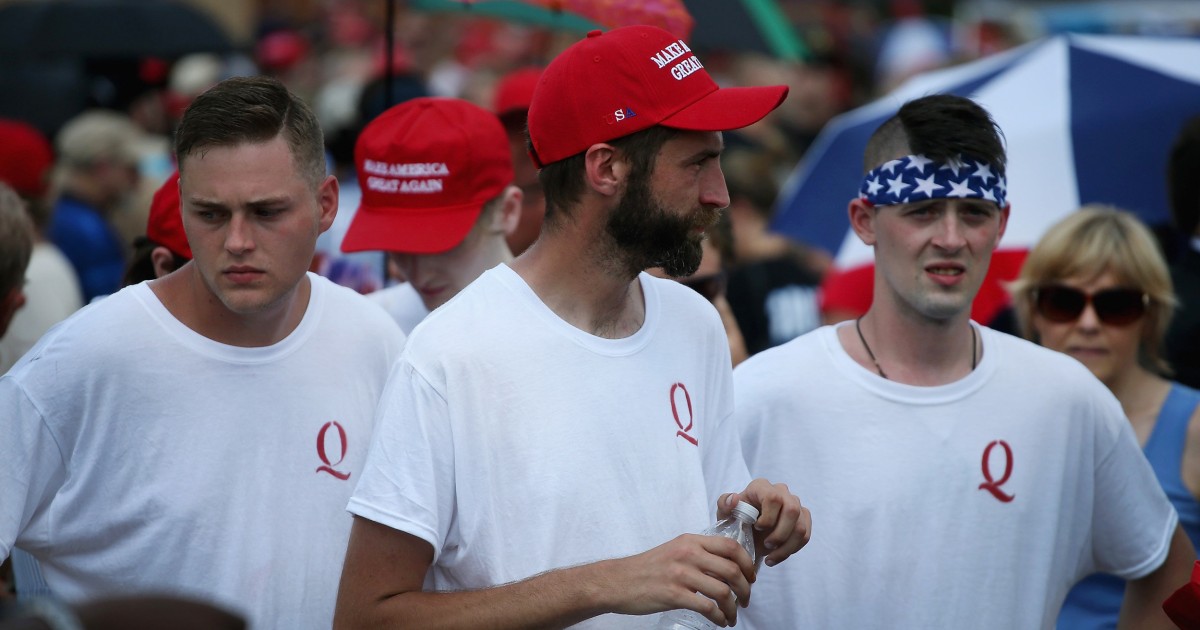Uncensored2008
Libertarian Radical
You may laugh at this, or you may not. But these people are dead serious.
This is becoming closer and closer to mainstream GOP:
I just watched that yesterday. Hilarious.
Oh, it was on the Hate Site circuit?
You of the Reich are all programmed with the same instructions.


